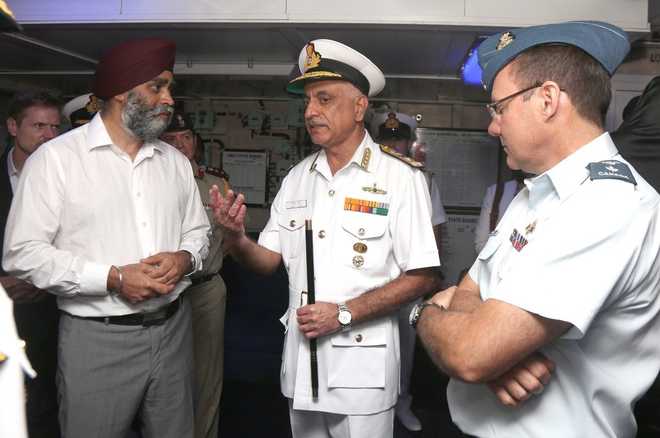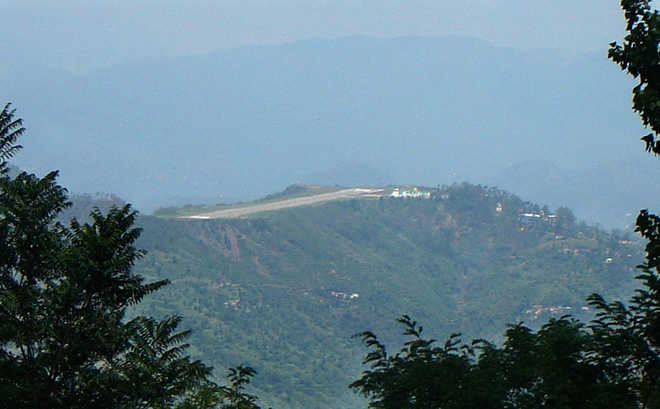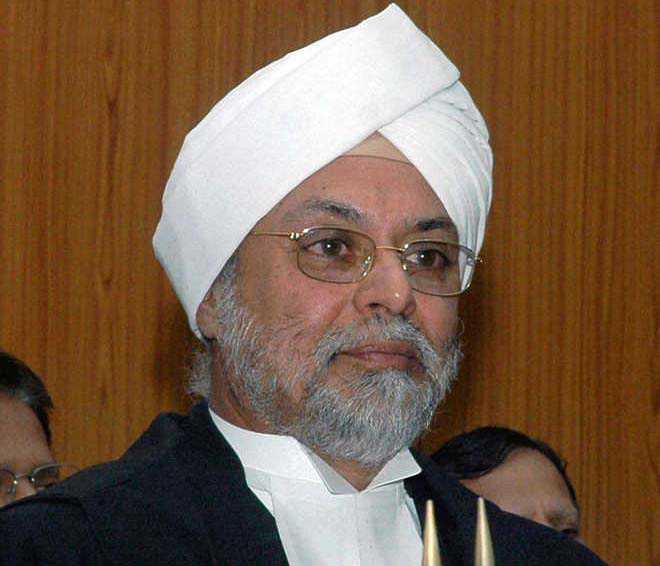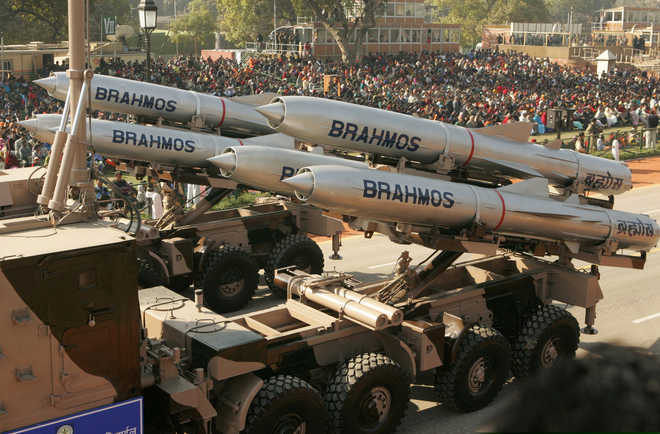Jadhav was arrested under unexplained circumstances, with even the location remaining unrevealed.
No one in India had really paid too much attention when Pakistan had announced last year that it had arrested a spy working for the Research and Analysis Wing, India’s external intelligence agency. Kulbhushan Jadhav, a retired Indian Navy officer, was picked up by the Pakistani agencies under unexplained and implausible circumstances. Such things keep happening between estranged nations. But putting such a detained or arrested person through a field general court martial (FGCM), and then sentencing him to death, can throw up a storm bigger than what Pakistan may have envisaged. My limited knowledge of the law indicates the FGCM is something like India’s SGCM, where the word “field” is replaced with “summary”. Such GCMs are meant to be conducted under field circumstances but also need confirmation from a superior authority before being executed. In our case, the court of appeal is the Armed Forces Tribunal, which comprises a civilian judge and a senior retired military officer. In Pakistan’s case, it is the Military Appellate Tribunal, that only has serving military officers. The Pakistan Supreme Court can be moved and an appeal made to the President of Pakistan, but given the standing of the Army chief in that country it is doubtful if any of these will yield results.
Jadhav had been denied consular access for the entire period that he has been in Pakistani custody, in gross violation of the Vienna Protocol on Consular Relations, which lays down the procedure for protection of arrested persons in foreign countries. In fact, his prosecution had been authorised by the Pakistan Army chief. The strange thing is that he was treated as a serving military officer and Pakistani military law invoked, despite the fact he had taken premature retirement way back in 2001. The entire episode is so murky that these allegations would never withstand international scrutiny. But we aren’t dealing with a normal state but an extremely irrational one called Pakistan. One can expect everything irrational, including probably a fast-track execution of Jadhav, an unfortunate pawn in a larger strategic game.
Jadhav was arrested under unexplained circumstances, with even the location remaining unrevealed. One version is that he was kidnapped by the Taliban and sold to Pakistan’s Inter-Services Intelligence. Many other versions exist. Jadhav was not an active Indian Navy officer, he had taken premature retirement in 2001 and was now a businessman running dhows to Iran’s Chabahar port. Pakistan had alleged he was an active R&AW agent on an undercover mission to spread turbulence in Balochistan and target the China-Pakistan Economic Corridor (CPEC) in particular. The arrest, the charges and the apparent hurry to announce the verdict and sentence together all have reasons.
On March 3, 2016, when Jadhav was arrested, the Chabahar issue was being pursued with great vigour by India in the run-up to Prime Minister Narendra Modi’s visit to Tehran to sign the historic trilateral deal with Iran and Afghanistan. It worried Pakistan greatly as this was a strategic manoeuvre by India for access to Afghanistan, Central Asia and Russia’s North-South Corridor. Pakistan’s relevance was being marginalised. It used the indirect ploy of planting in the mind of Iran’s leadership that India’s presence would contribute to its greater support to Balochs, a large segment of whom are also in Iran. It was also a plan to plant into the minds of China’s planners that India would go to any extent to target CPEC and thereby create greater disaffection for India. Although Jadhav was virtually given a clean chit by Iran’s ambassador to Pakistan and by many others of the diplomatic corps in the region, he was an excellent pawn to be exploited at an appropriate time. It is not unusual that cases of alleged spies usually drag on for years and they languish in jails amid high-decibel appeals by human rights activists and their families. But Jadhav’s case goes way beyond that, and is a deliberate conspiracy for long-term strategic gains. Any Indian working out of Chabahar or any Iranian city closer to the Pakistan-Iran border could have fitted the bill for kidnapping, but with homework and research the ISI’s luck was in place to find a former Indian armed forces officer in a place which suited its mission. To keep it all under wraps, he was portrayed as a serving Indian intelligence officer, and by a strange interpretation of laws Pakistan’s Army Act was applied to him. The public admission shown on television by Pakistan’s Inter-Services Public Relations wing proved to be a mockery, with jerky sentences and cuts in his alleged admission.
The second part of this sordid drama has now come up. Apart from the proclaimed verdict and sentence, it is the circumstances which catch the eye. A retired Pakistani lieutenant-colonel has apparently disappeared from Lumbini in Nepal. It is yet premature to link this event with others. However, strategic minds working overtime in Pakistan are looking at every possible angle of enhancing disaffection between India and China. With the Dalai Lama’s visit to Arunachal Pradesh drawing Beijing’s ire, it is the time to give that impetus, reminding China about India’s intent against CPEC. Pakistan’s action is also designed to drive home the message that it has the strategic advantage, with India unable to protect its own citizen; cocking a snook as it were.
India’s relations with Pakistan are likely to dip to another nadir and public disaffection will be high, considering the emotions let loose on the social media.
With its ability to calibrate the violence in Kashmir and attempt to portray India in poor light, Pakistan also aims to dilute the perceived strength of the current Indian government, which is at a high internationally, more so after the recent Assembly poll results. The proof of the pudding is in the eating.
If the threat to execute Jadhav is actually carried out, many across the world will be watching the Indian response. The government may be compelled to take public sentiment into account. If so, we are staring down an abyss of another major confrontation with Pakistan. Let us hope saner counsels prevail in Islamabad, and for that matter at the general headquarters in Rawalpindi.










































































